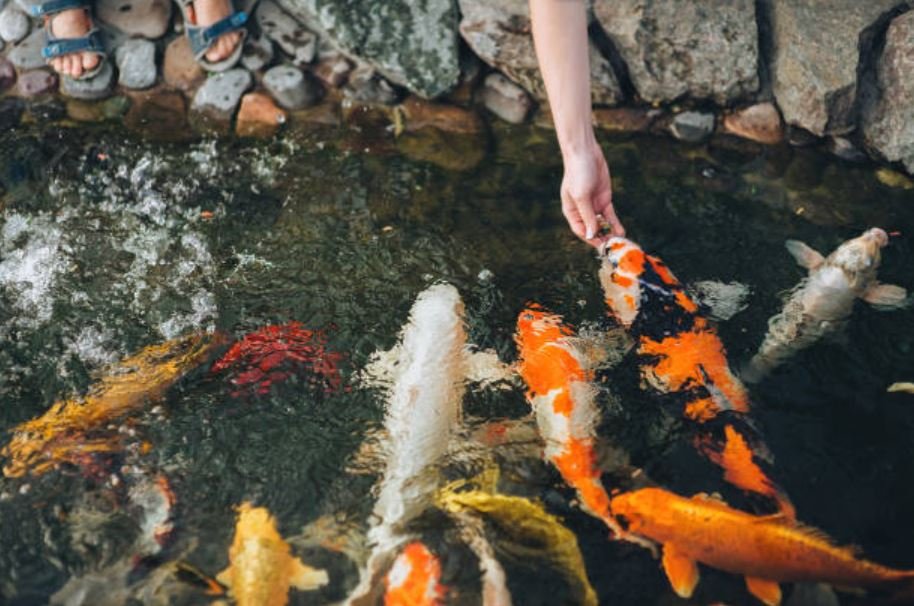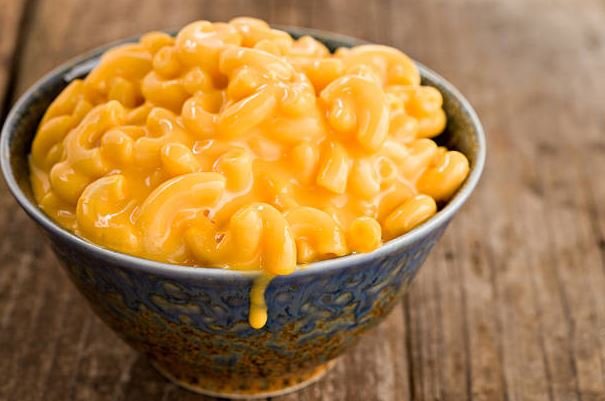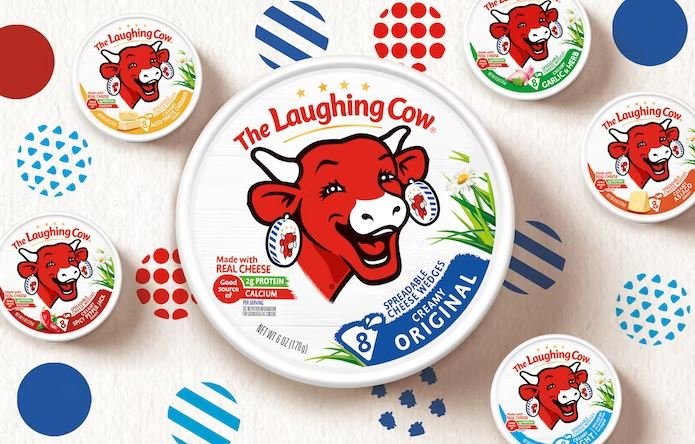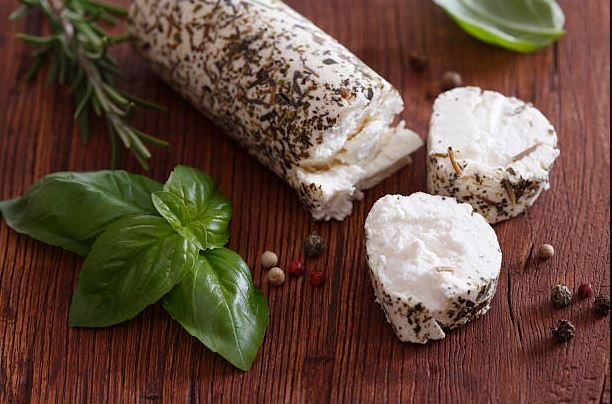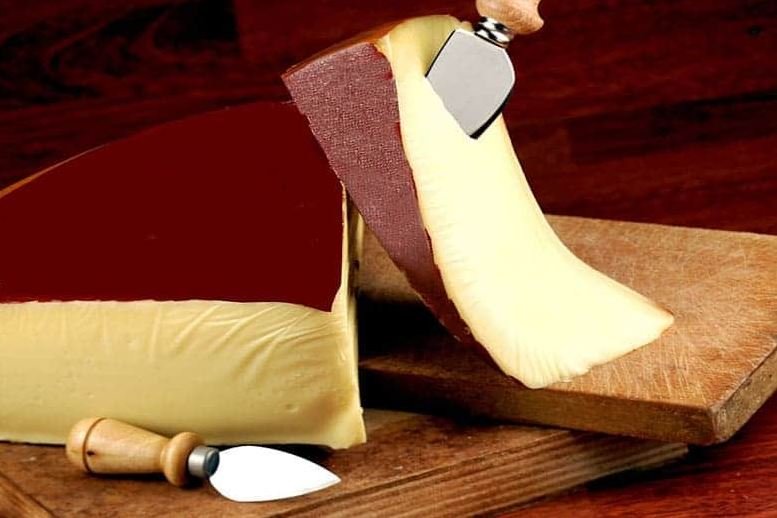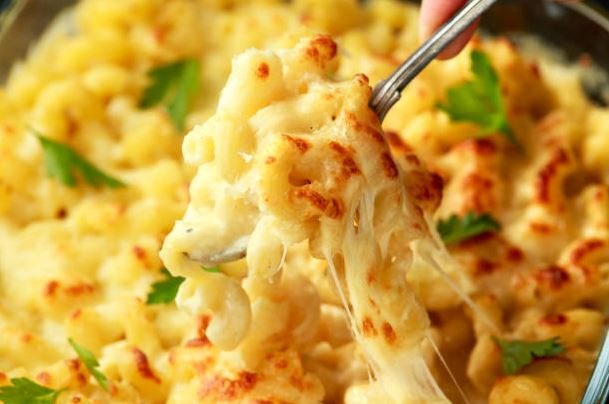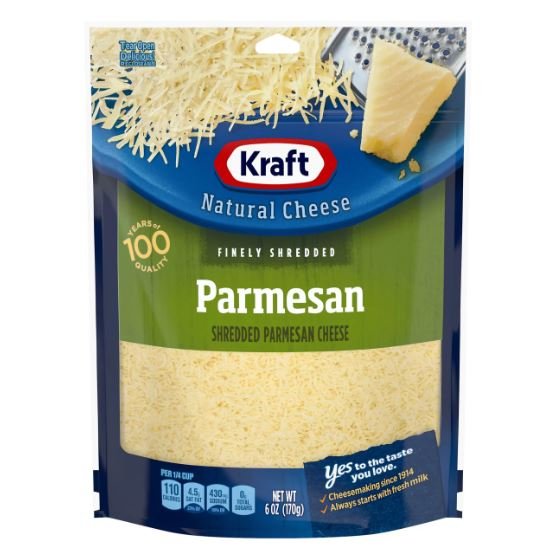Bread, Corn, and Steak are great baits for fishing trouts, catfish, and tilapia, but what about cheese? Can Fish eat cheese?
Yes, fish can eat cheese; most are omnivores, meaning they eat both plants and animals. Although cheese is generally considered a human food, it is not toxic or poisonous to fish.
Fish can easily gobble down small chunks of hard, soft, and even string cheese. Since most fishes are garbage eaters [would eat anything that they can fit in their mouth], they would have no problem eating or digesting cheese.
Fish eat insects, small crustaceans, and plant matter in the wild. It’s an old wives’ tale that fish cannot eat cheese, but this is not true. Fish can eat cheese, and it will not harm them.
Cheese has a high-fat content that is good for fish, but the best thing to feed your pet fish is high-quality flake food.
Cheese is not a natural meal for fish. However, most fish will gladly eat cheese if given. However, it is important to remember that you only feed them small amounts of it.
Cheese can be a great source of protein, but it needs to be used wisely. Cheddar and mozzarella are some of the most popular types of cheese that your goldfish or Betta fish will eat.
RELATED:
Can Rabbits Eat Cheese: Should I Give My Bunnies Cheese Treats?
Can Cats Eat Cheese: Is Cheese Safe for Cats?
Can Dogs Have Cheese: Is Cheese Safe for Dogs?
The most common type of fish food is a dry product made up of pellets or flakes that contain nutrients such as vitamins, minerals, and protein.
If you want to give your fish something different from what they normally eat, adding other types of food to their diet is good. You could try adding small pieces of cheese or cheese spread to their meal; these will provide the same nutrients as dry food.
Can Betta Fish Eat Cheese?
Betta fish are often kept as ornamental pets in homes and offices.
Yes, betta fish can eat cheese. Some betta fish even enjoy eating cheese. However, it is important to feed cheese to bettas in moderation. Too much cheese can cause digestive problems for bettas. Additionally, cheese is high in fat and salt. These nutrients can be detrimental to your betta’s health if consumed excessively.
When giving your betta fish cheese, make sure to cut it into small chunks so they can easily digest it. You should also avoid giving them moldy cheese, which can make them sick. If you have any questions or concerns about feeding cheese to your betta fish,
Can Goldfish Eat Cheese?
Yes, but only as treats. While goldfish will eat cheese, it should be a rare treat and not part of the main diet.
Cheese is a common treat given to goldfish because it’s high in protein. While it’s true that goldfish will benefit from occasionally eating cheese, it’s important to remember that all treats should be fed in moderation. Too much cheese can result in constipation or accumulate stress, so make sure you’re using it only as supplemental food.
Can Cory Catfish Eat Cheese?
Yes, Cory Catfish can eat cheese. However, it should be given in moderation and as a treat only. It’s okay to give your fish a little cheddar cheese or cream cheese once in a while but don’t give them too much; they’re still fish, and they should only eat food suitable for fish.
While they will eat almost anything you give them, they need high amounts of protein and vegetable matter. A quality flake or pellet will ensure they get the right balance of nutrition.
Can Guppies Eat Cheese?
Guppies can eat a variety of foods, and cheese is no exception. These species of fish eat meat, vegetables, and fruit. While cheese is not particularly nutritious, it will not harm them unless they are given too much.
Cheese should not be a regular part of your guppy’s diet. Instead, use it for special occasions or as a treat when your fish are especially well behaved. You can also occasionally give your guppies a small piece of cheese to help them recover from sickness.
Can Neon Tetras Eat Cheese?
Yes, however, small-sized chunks of cheese are best to feed your Neon Tetra. You can feed them with cheddar cheese and other soft cheeses that easily sink to the bottom of the tank. Neon tetras are omnivorous fish, so they can eat cheese as part of their diet. It’s best to feed them small-sized chunks of cheese as part of their weekly meal; about twice a week is a good schedule for feeding neon tetras cheese.
Can I Add Cheese To My Fish Feed?
A typical human diet consists of meats, vegetables, fruits, and dairy products. Fish feed on aquatic lifeforms such as insects, worms, and crustaceans. If you want your pet fish to live long and healthy lives, you need to ensure that their diet consists of these insects or high-quality fish flakes/pellets.
Generally, if you want to give your fish some dairy, the best thing is to mash up a small amount of cheese and mix it with their flakes or pellets. In addition to providing them with calcium, cottage cheese also contains a lot of phosphorus and other vitamins that will help keep them healthy.
Fish can eat many human foods like bread, crackers, rice, cereals, and cheese. You can also add cheese to your fish feed. Most fish can eat cheese, but its use should be limited. Cheese is not a staple food for fish; therefore, it should only be used as a treat.
If you use any other type of dairy product, be sure that it is cut into small pieces or mashed so that there’s less risk of getting stuck in their throats.
What Kind Of Cheese Can My Pet Fish Eat?
You can feed your fish hard, dry, or crumbly cheese. These types of cheese are not likely to dissolve in the water, making them easy for your fish to ingest.
Parmesan, Comte, Weybridge, Moringhello, and Cheddar are popular varieties you can give to your fish. While soft, springy, or sticky cheeses can be fed to your fish, they may dissolve easily and cloud the aquarium water.
Most kinds of cheese are safe for fish to eat. However, it is important to avoid giving your fish moldy or spoiled cheese. Moldy and spoiled cheese can contain harmful bacteria that make your fish sick.
So, while cheese is generally safe for fish to eat, it is important to feed it in moderation and avoid giving them moldy or spoiled cheese.
How Much Cheese Should I Give My fish?
Cheese should only serve as treats for your pet fish and not a major part of their diet. Fish enjoy the rich taste of cheese and will readily eat it when offered. Cheese is rich in protein and fat, making it a good treat for your fish occasionally. Cheese also contains vitamins and minerals essential for the growth and development of fish.
It can be a healthy treat for your fish, but it should not be the main part of their diet. If you add cheese to your fish food, do so in moderation. Too much cheese can cause digestive problems for your fish.
Cheese may seem like a healthy snack for your pet fish because of its high protein content. But the truth is that the amount of protein in most cheeses is quite low for your pet fish, who require much more protein than humans.
Some people also think giving their pets small pieces of cheese will help them gain weight quickly.
While this may be true in some cases, it is usually much healthier for a pet fish to be fed an appropriate amount of food regularly than giving them large amounts of cheese all at once.
Do keep in mind that cheese is high in fat. Cheese is rich in fat and calories and does not have enough nutrients to keep your fish healthy, therefore should be saved for special occasions or as a treat.
Too much cheese can cause health problems for your fish. When giving your fish cheese, cut it into small pieces so they can easily digest it. You should also avoid giving them moldy cheese, which can make them sick.
To conclude, fish require proper nutrition, and giving you fish cheese alone won’t do. If you plan to give your pet fish cheese, it should only serve as a treat and not a major part of their diet.
For those intending to feed cheese to their aquatic friends, it’s still important to do so in moderation. In the end, patience, common sense, and research will all help ensure that you’re providing your fish with the best diet and lifestyle possible.

